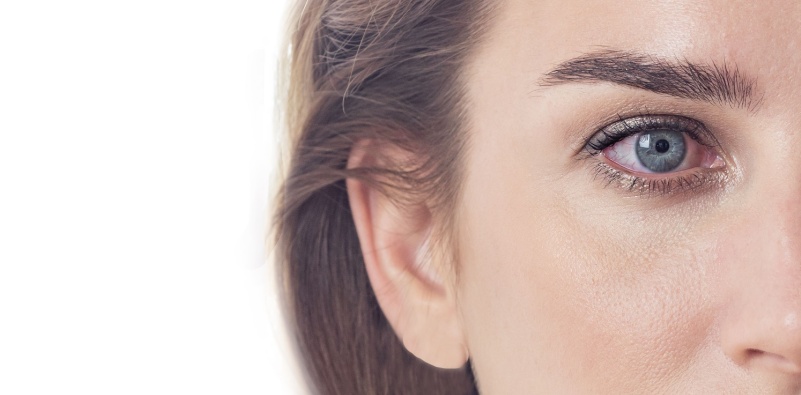What Causes Dry Eye Syndrome: Causes, Symptoms, & Treatments

What Causes Dry Eye Syndrome?
Dry eye syndrome is more than just an occasional irritation. For those who suffer from it, the condition can be a persistent source of discomfort and frustration. Understanding what triggers dry eye can be the first step toward alleviating symptoms. We aim to cover everything you need to know about what causes dry eye syndrome, symptoms to look out for, and the treatment options available to manage it and make life a little more comfortable.
What Is Dry Eye?
Dry eye syndrome happens when not enough tears are made, or they evaporate too quickly because they’re poor quality. Tears have three layers: oil, water, and mucin, all vital for eye health. If these layers are off-balance, it can lead to dry eye symptoms.
What Causes Dry Eye?
Dry eye can stem from various factors that disrupt the delicate balance of the tear film. Here are some leading causes and how they contribute to this uncomfortable condition:
- Age: Our eyes make fewer tears as we age. Women may often notice dry eyes developing after menopause.
- Medical conditions: Conditions like rheumatoid arthritis and thyroid disease can affect tear gland function.
- Blepharitis: Eyelid inflammation from bacteria and debris can disrupt natural oils, leading to dryness and discomfort.
- Environmental factors: Exposure to smoky, windy, or excessively dry environments can accelerate tear evaporation.
- Digital screen use: Extended screen time can decrease blinking, potentially reducing tear production and increasing tear evaporation.
- Contact lens wear: Prolonged contact lens wear can change tear film dynamics, causing temporary eye dryness.
- Eye surgery: Procedures like LASIK can temporarily affect tear production, leading to dry eye symptoms during recovery.
- Medications: Beta-blockers, allergy medicine, sleep aids, and antidepressants can cause dry eyes.
Symptoms Of Dry Eye Syndrome
Dry eye syndrome causes discomfort and affects vision quality. Recognising its signs is crucial for effective management, alleviating dryness and irritation.
Symptoms include:
- Stinging and burning eyes
- Blurred vision
- Scratchy or gritty feeling
- Watery, red, and irritated eyes
- Discomfort with contact lenses
Treatment Options
There are a few ways that dry eye can be treated. We offer a comprehensive array of products to alleviate dry eye symptoms effectively. Among the products available are preservative-free eye drops for dry eye syndrome; these mimic natural tears to provide long-lasting lubrication and relief from symptoms. We also stock lid wipes to help remove debris and bacteria from the eyelids, which helps to reduce inflammation associated with dry eyes. A warming eye mask is also available to relieve dry eyes, supporting the function of the meibomian glands and offering long-lasting results.
Take Charge Of Your Eye Health Today
At Robinson Optometrists, your trusted opticians in Whitley Bay, we support you on this journey toward healthier eyes. Contact our practice for more information on effective dry eye management strategies and to explore the full range of treatment products tailored to suit your needs.
